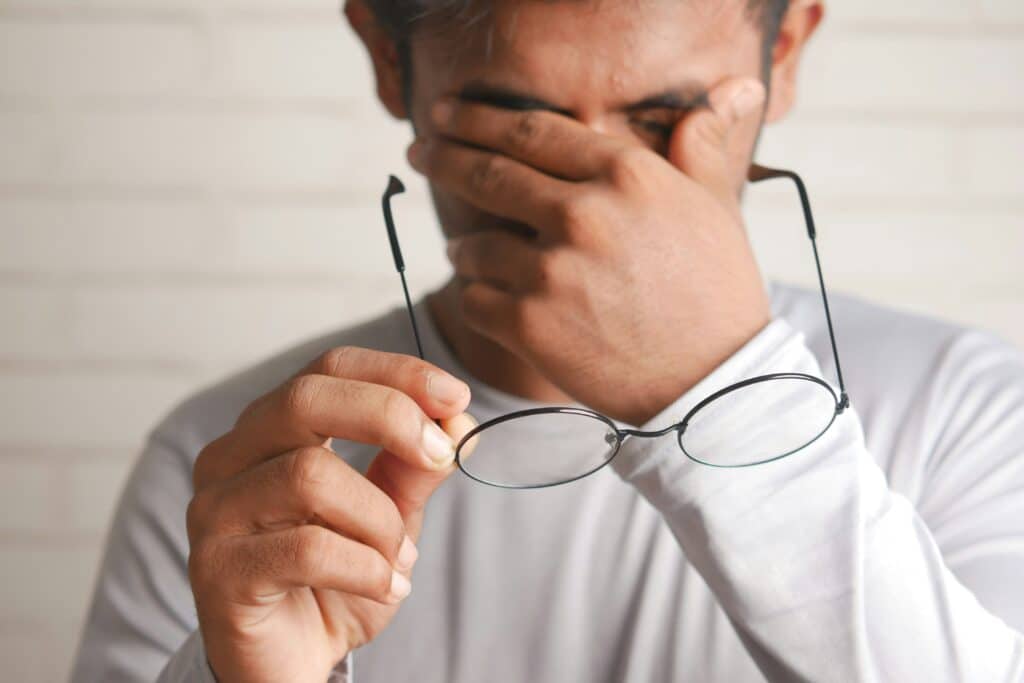Misophonia is the intense discomfort that some people experience when listening to certain everyday sounds of low intensity. It is an auditory hypersensitivity or low tolerance to a certain type of auditory stimulus, but without specific characteristics. In other words, it does not necessarily have to be very high pitched, very low pitched or loud sounds.
The term misophonia is relatively new and was coined in 2000 by American scientists Pawel and Margaret Jastreboff. It is therefore a condition for which there are few studies and no standardised treatment.
What causes it?
The cause of this problem is not clear and there are hypotheses that it is a neurological condition in which the activation of neurons associated with an auditory stimulus is associated with both an annoying or stressful experience and negative emotions, with the physiological response to these sounds being immediate. There are also hypotheses that link this problem to obsessive-compulsive disorder or the possible influence of early experiences. However, it is not currently included in the Diagnostic and Statistical Manual of Mental Disorders.

Misophonia occurs when sounds that most people are accustomed to and do not pay much attention to because they are not significant trigger an intense reaction in the person with misophonia, as if they were really threatening or dangerous.
This problem usually begins in late childhood or early adolescence and tends to get worse over the years.
How does it manifest itself?
There is a wide range of sounds that are likely to be extremely uncomfortable for misophones. In the majority of cases, these people experience discomfort in response to sounds made by others, such as chewing, slurping, clearing the throat, kissing, whistling or yawning.
On other occasions, it happens in response to repetitive stimuli and to environmental sounds such as clocks, alarms, air conditioning or, for example, the sound produced when turning the pages of a newspaper or pressing the keys on a computer. Other circumstances in which the misophone may feel irritated are the sounds produced by household appliances such as ovens, refrigerators, televisions, radios, washing machines or fans.

These stimuli produce a state of irritability and excitement in misophones, often triggering reactions of anger or moodiness. They can significantly alter people’s well-being and quality of life, often leading them to avoid certain situations and develop problems in social relationships. The high level of discomfort experienced by the person with the condition can lead to arguments and aggression towards others and, in extreme cases, social isolation.
Other common responses include using earplugs, earphones or headphones, and changing daily schedules and habits to avoid being exposed to these annoying trigger sounds. In any case, it is important to remember that all the above solutions are aimed at eliminating the sounds that cause discomfort, but not at solving the problem.
What can be done?
There is currently no treatment that can cure misophonia. However, psychological treatments can help to manage the problem and improve the situation. Some goals that can be addressed through psychotherapy are:
- Talking about the problem, accepting it and learning to live with it.
- Managing the anxiety associated with the condition, working on the worries and obsessions that are usually triggered by the annoying sounds.
- To make the interpretation of certain situations more flexible, to try to stop it being perceived as something so unbearable or threatening.
- An important aspect to take into account will be to try to preserve family and personal relationships, which in many cases are seriously damaged, and in which the misophone may also feel misunderstood and unfairly treated because of his or her exaggerated reactions.
The aim should be to manage the situations in which this type of sound occurs and to ensure that the daily dynamics of the misophone are as satisfactory as possible.
If you would like to speak to a mental health coach about this or any other concerns you may have, please do not hesitate to contact Teladoc Health’s mental health coaches. Make an appointment through the Ecare portal and speak to a coach. The service is available for all our clients for free.


